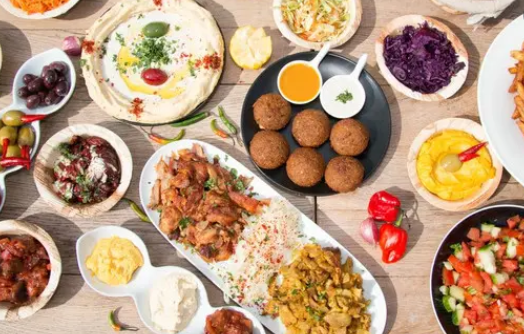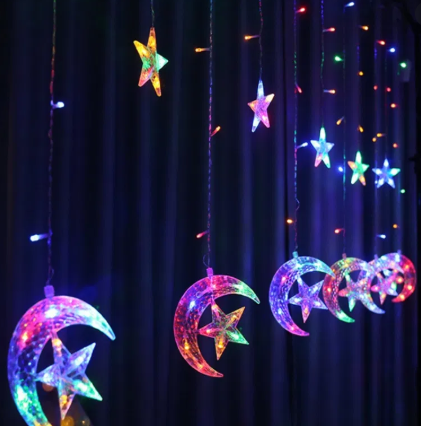Observing Ramadan in quarantine

At sunset, Muslim families gather around and have delicious meals to break their fasts. Courtesy to El Arabiya
The month of Ramadan started on Friday, April 24 at dawn. Every year, nearly seven million Muslims abstain from food and drink from dawn to sunset for an entire month. It’s not a hunger strike or an unusual food diet; it’s the fasting of Ramadan, the ninth month of the Islamic calendar.
Ramadan is a month in which Muslims are expected to put more effort into following the teachings of Islam. It is a time of spiritual reflection, self-improvement, heightened devotion, and worship.
Overall, it helps Muslims practice self-discipline, self-control, sacrifice, and empathy for those who are less fortunate.
The sole reason for fasting is to purify Muslim souls and make them realize how the poor feel on a daily basis when they remain hungry. Putting ourselves in their shoes helps us become more compassionate, thus encouraging actions of generosity and charity.
Many studies prove that fasting is a healthy method to detox and remove chemicals from our bodies. According to Healthline, fasting decreases blood sugar levels and strengthens health by decreasing inflammation levels. Fasting has been shown to have many health benefits, from increased weight loss to better brain function. Fasting also increases metabolism and helps preserve muscle tissue.

Courtesy to Leadgenerationskills
The majority of Muslims focus more on the spiritual aspect of Ramadan, aside from the other benefits that come along. Ramadan is the month of mercy and forgiveness. Good deeds during Ramadan are worth significantly more, these can come from actions like praying, reciting the Quran, or just a simple act of kindness.
“One of the main parts of Ramadan is reading more of the Quran to increase your spirituality in order to become closer to God,” said Nur-Fatima Akbar, junior. “When I was fasting at school, I found it a lot harder to do this, especially with all my classes and coursework, I also ended up being really drained after coming back from school and fasting so quarantine has been helpful in that aspect.”
Quarantine and Ramadan, in my opinion, aren’t a great combination. When I’m at school, I’m actually a lot more distracted doing schoolwork. Whereas than at home, where I spend my time walking back and forth to my fridge and not being able to eat anything. And since the mosques are closed, the nightly prayer talks take place at home which is more difficult. Other annual events like community dinners won’t take place as well, making Ramadan focused solely on individuals’ efforts.
After the month is over, Muslims celebrate with a traditional holiday called Eid al-Fitr. On Eid, prayers at the mosque take place but unfortunately, this year is going to be a little different with all the mosques being closed down.













Louisa Brorson • Oct 5, 2020 at 7:55 pm
Nice article! I appreciated hearing this more unique perspective into an under-looked challenge of student life. It also provided me with more understanding behind the goals/values of Ramadan, which I had been a bit unsure of previously.